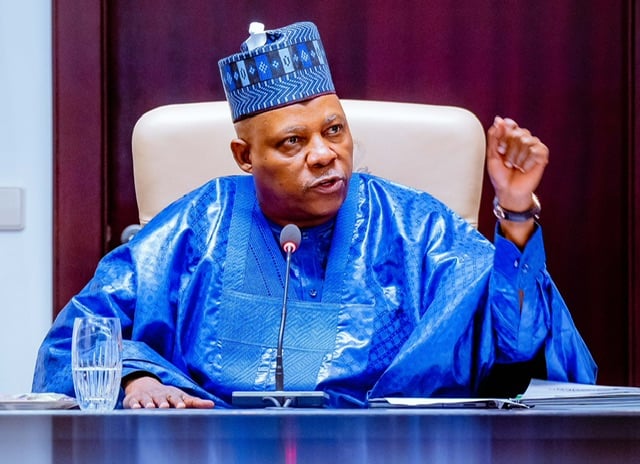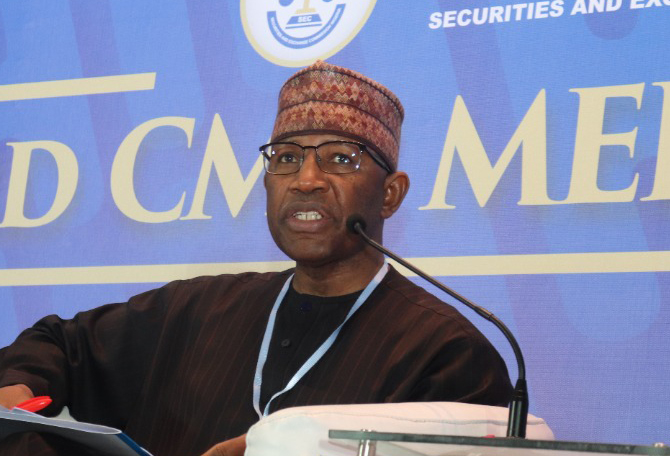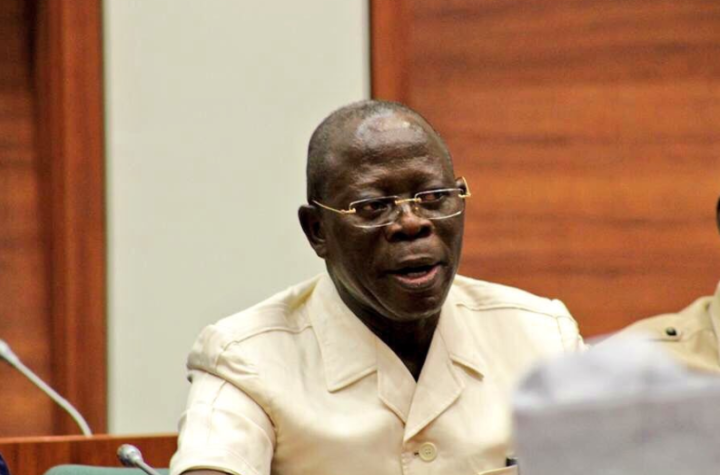Kashim Shettima
Vice-President Kashim Shettima says despite its huge potential to drive a more competitive economy, Nigeria’s finance sector is lagging behind in adopting Islamic finance.
Shettima spoke at the 6th African international conference on Islamic finance (AICIF).
The event, organised by the Metropolitan Law Firm and the Metropolitan Skills in collaboration with the Africa Finance Corporation (AFC), and the Security Exchange Commission (SEC), was tagged as ‘Towards a just transition’.
Represented by Tope Fasua, special adviser to the president on economic matters, Shettima said the country is committed to designing policies targeted at financial deepening and diversification for unlocking private sector financing.
Advertisement
“With global assets under management exceeding $2 trillion and the growing demand for alternative sources of financing, Islamic finance is central to both financial deepening and financial diversification in Nigeria,” he said.
“However, Nigeria’s fast-growing Islamic finance assets remain largely insignificant in the over $2 trillion Islamic finance global market, despite Nigeria’s demographic composition and increasing demand for alternative sources of finance such as Islamic finance.
“Hence, we will continue to explore Islamic finance tools such as Sukuk to tap into local and international investments.”
Advertisement
In his keynote speech, Muhammad Sanusi II, former Emir of Kano, said there is a need to switch to a sustainable, net-zero future.
“Since the industrial revolution, fossil fuels have powered extraordinary growth and development, albeit with huge costs to our climate. As a direct result, we are today in a climate emergency,” he said.
“To avert catastrophe, there is the growing concern to radically switch to a sustainable, net-zero future.
“This transition needs to happen fast, but it also has to happen in a fair and inclusive way. If done right, the transition offers immense opportunities: a systems change in which all communities, workers, and countries are lifted up.”
Advertisement
Speaking at the opening, Ummahani Amin, convener and conference chair, said just transition requires the mobilisation of climate funds for vulnerable African countries facing the harsh reality of climate change such as increasing mortality, human displacements, and migration, among other impacts.
Amin, who is the founder of Metropolitan Law Firm, said there are systemic structural deficiencies that continue to inhibit the just transition process in Africa.
“This leaves up to $22.6 billion-$30.6 billion annually in the energy financing gap in Africa,” she said.
She said Islamic finance offers a sustainable financing system for delivering Africa’s just transition process considering its nature and the over $2 trillion in global assets.
Advertisement






